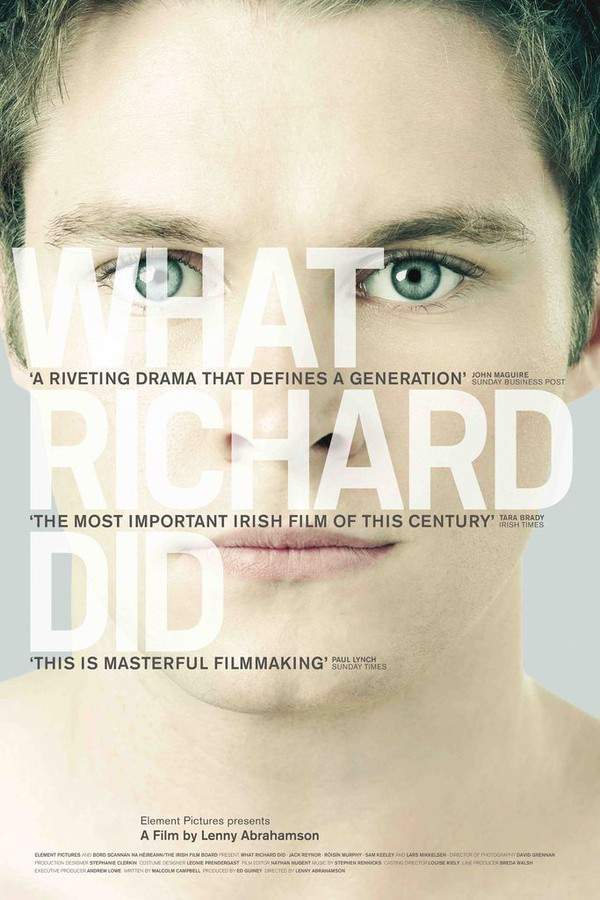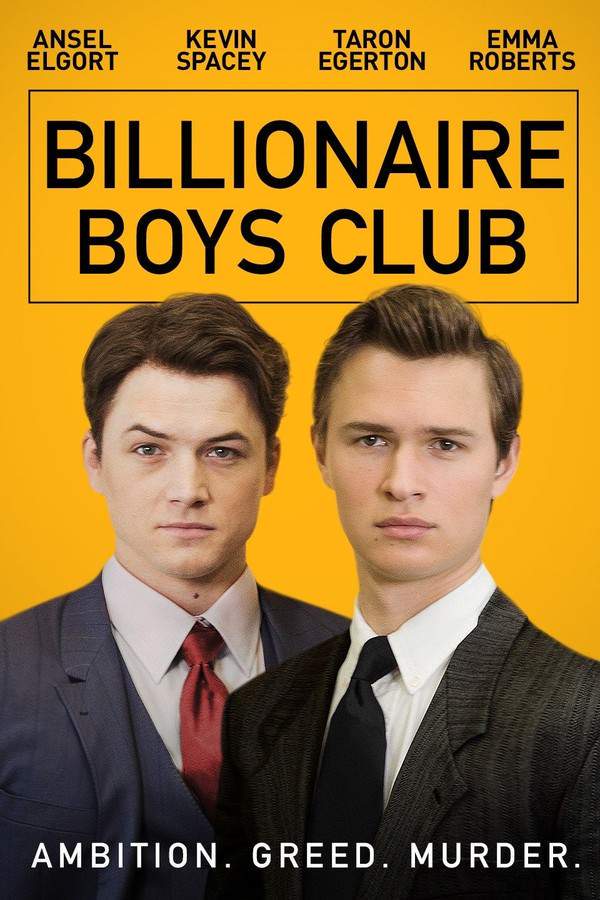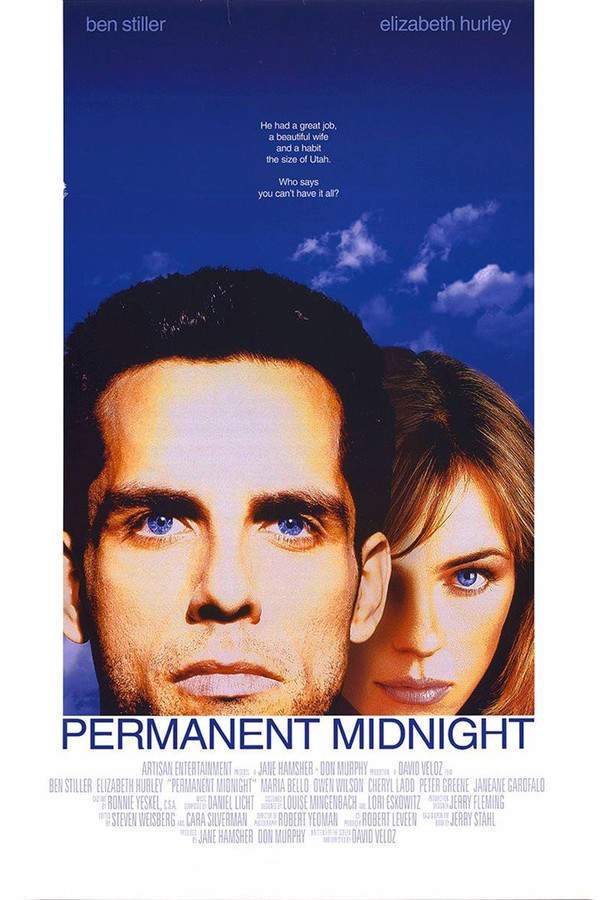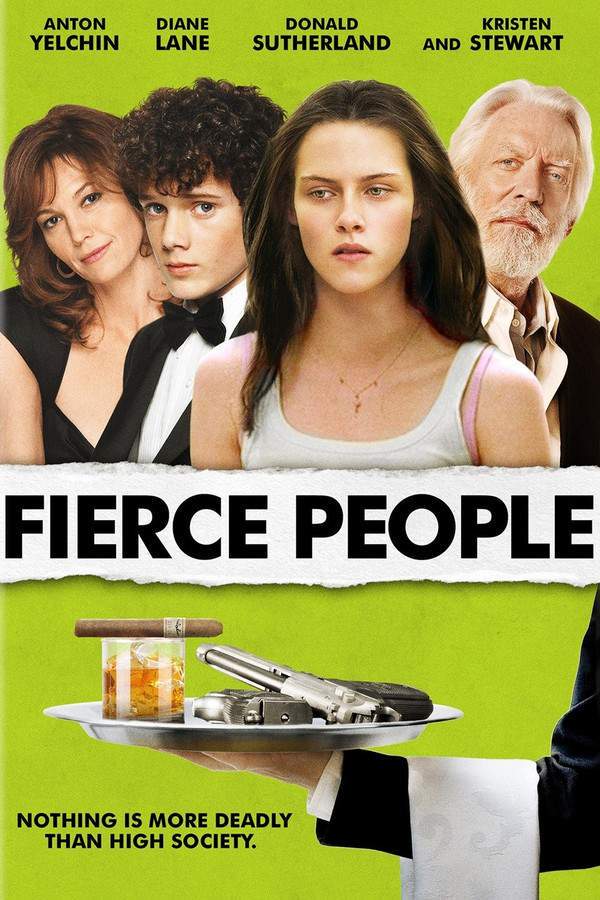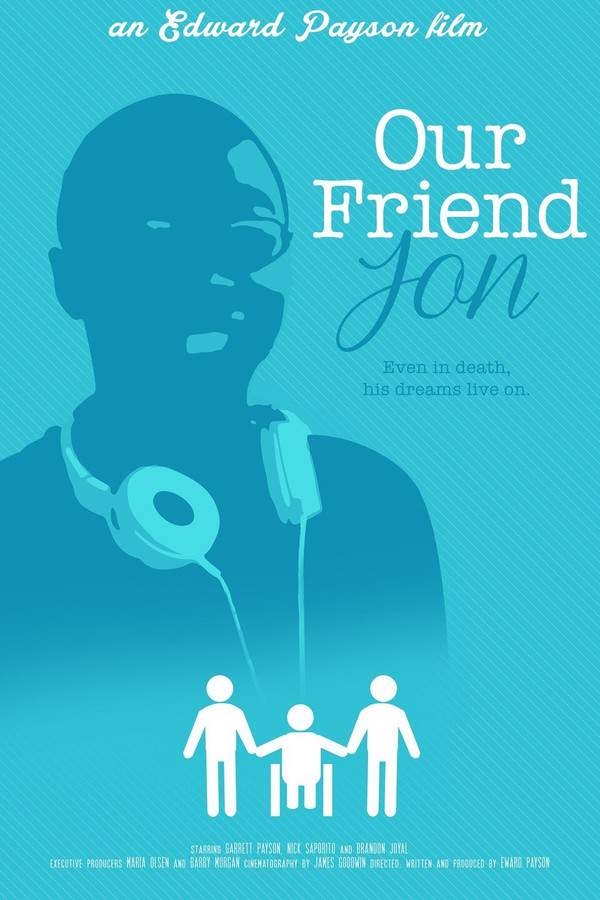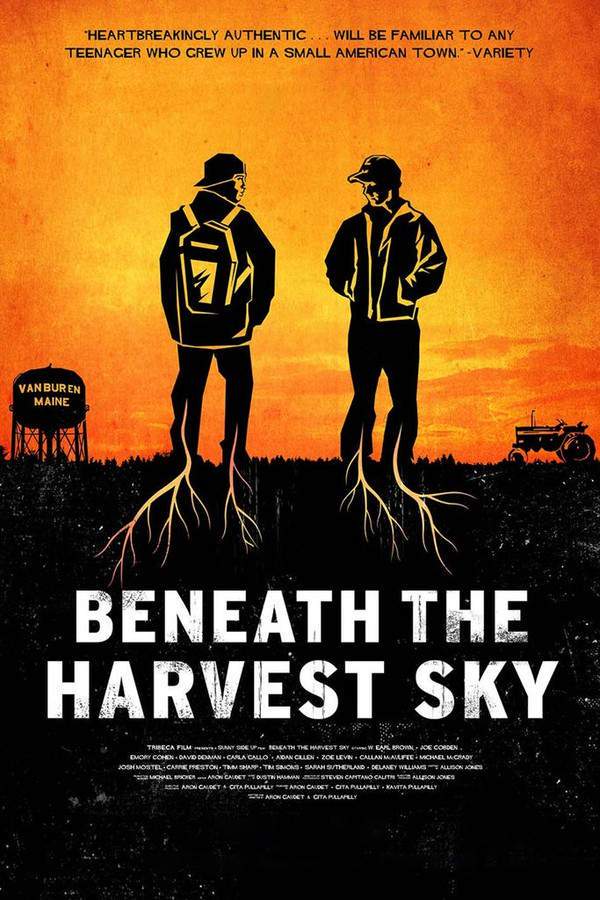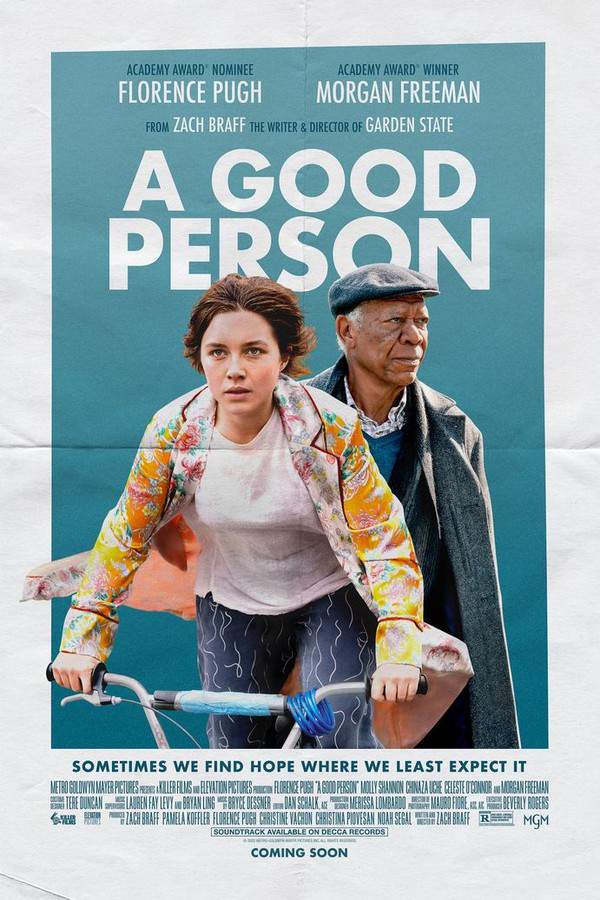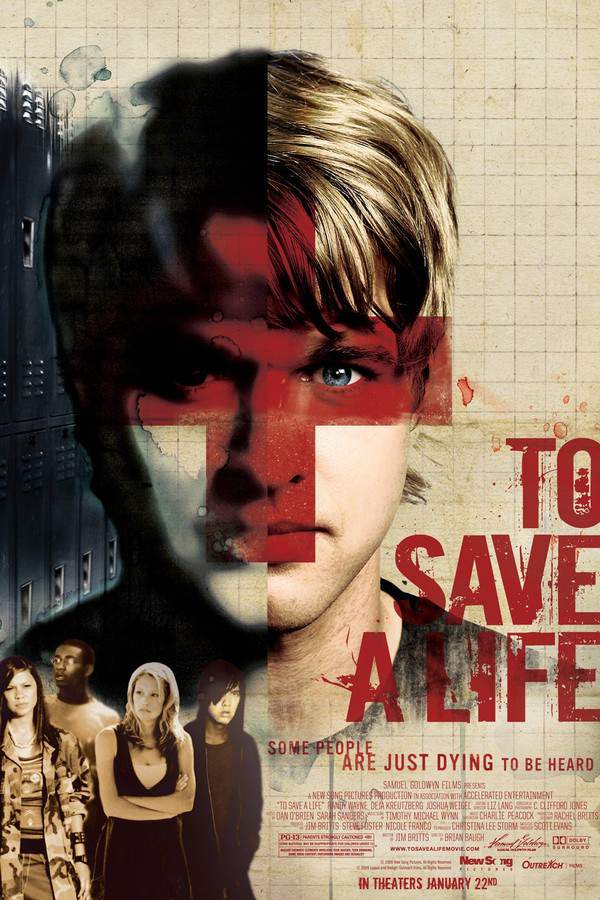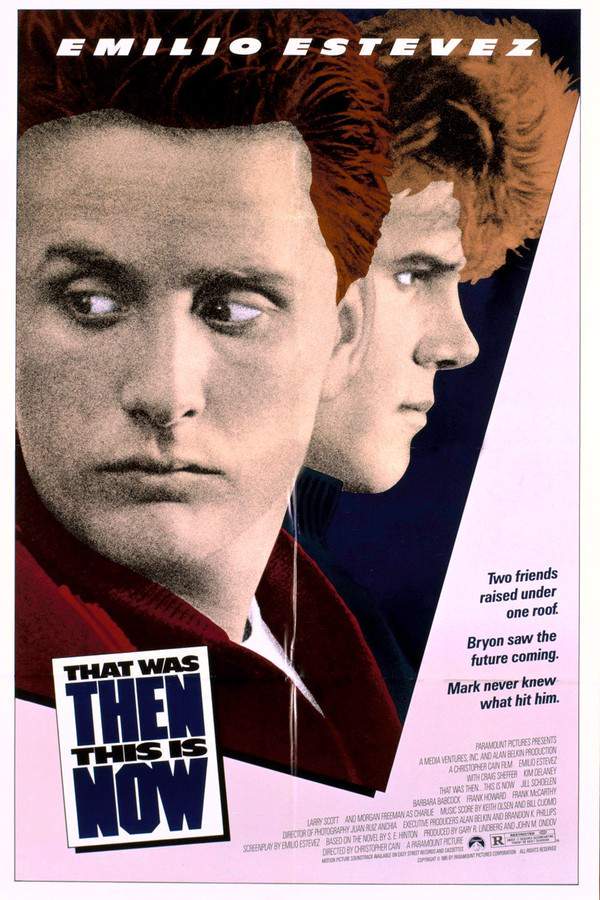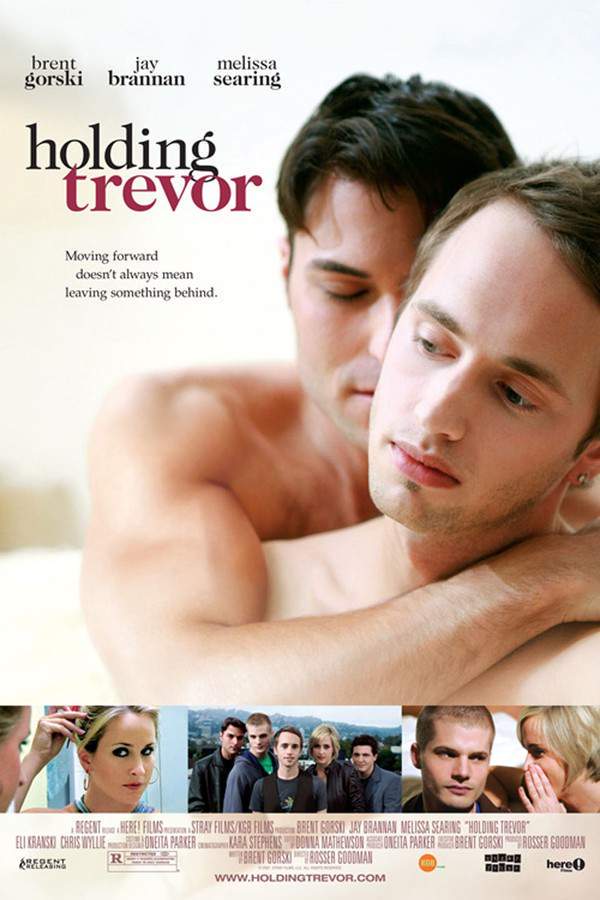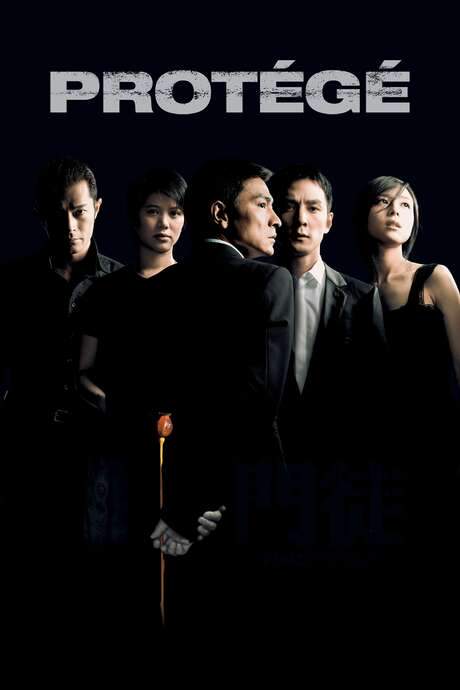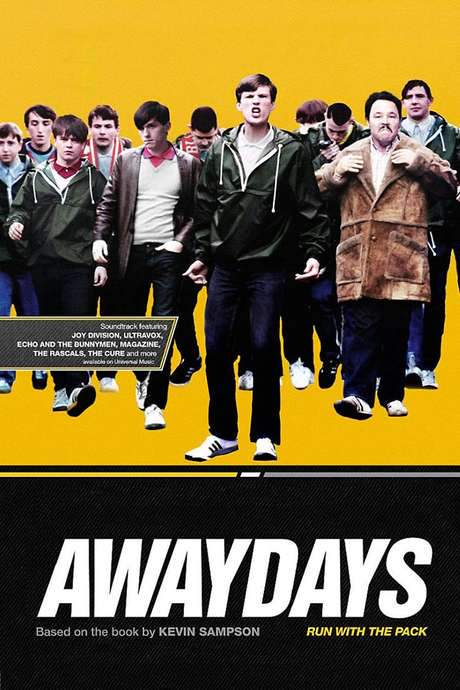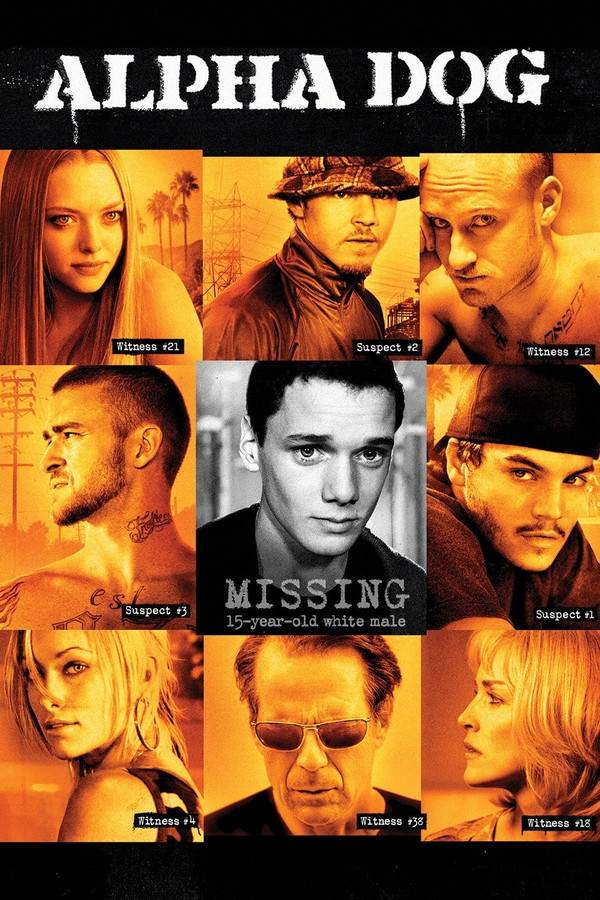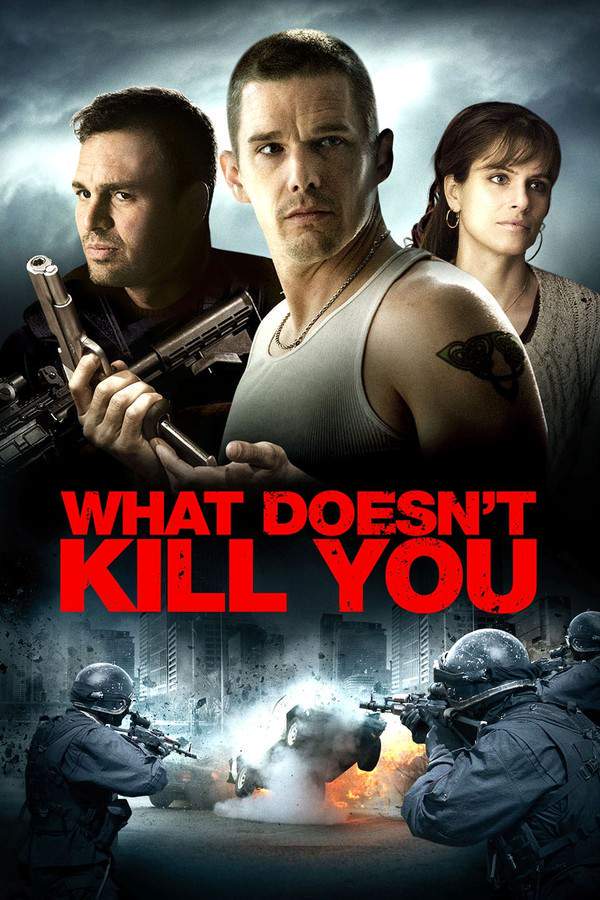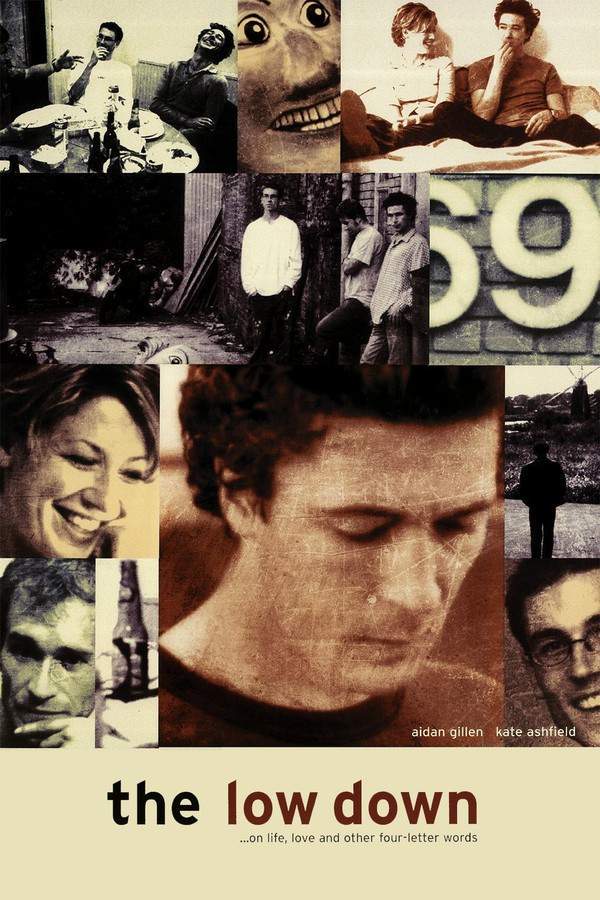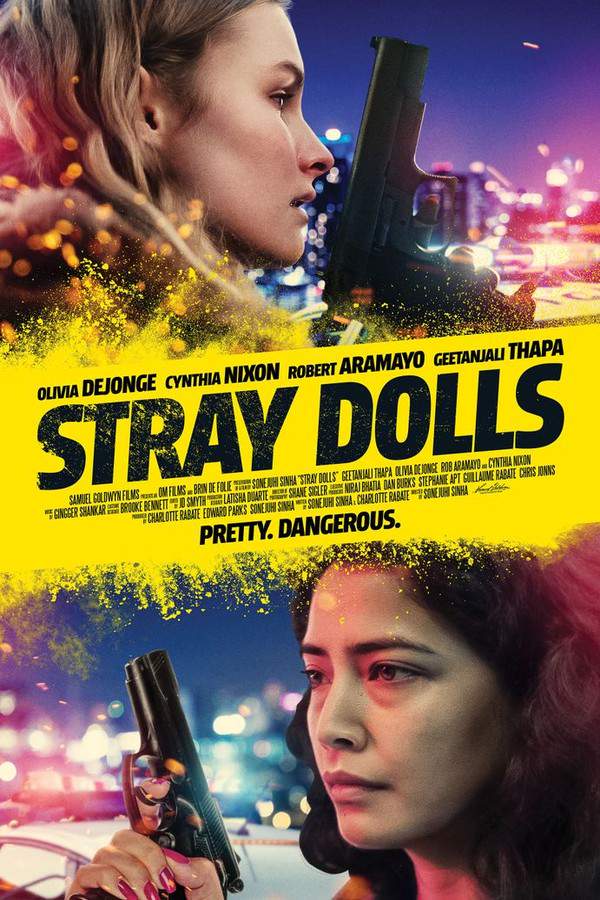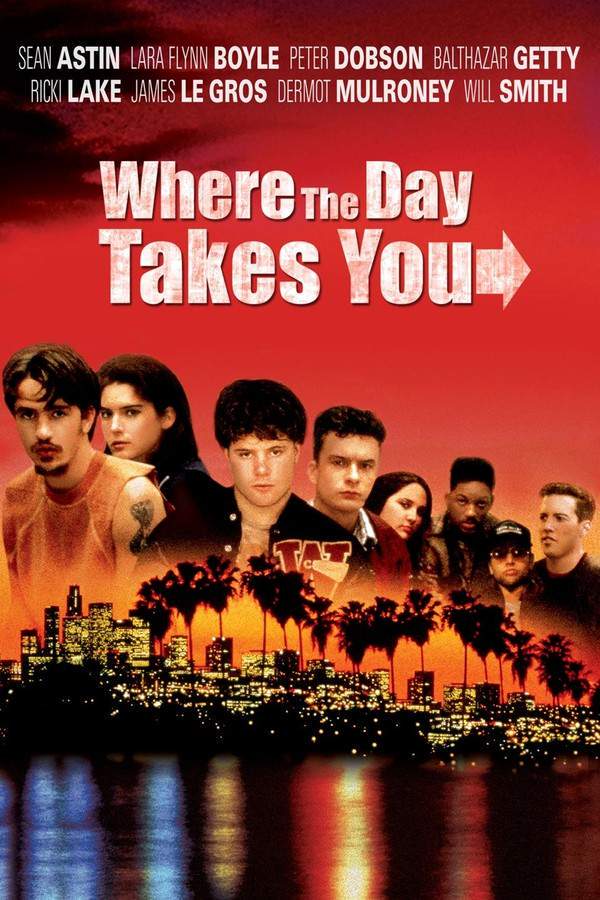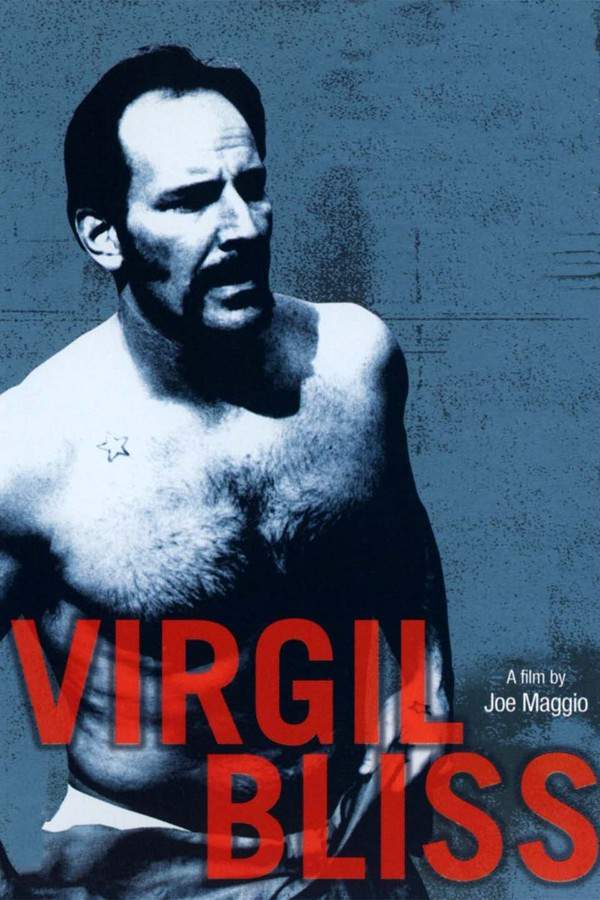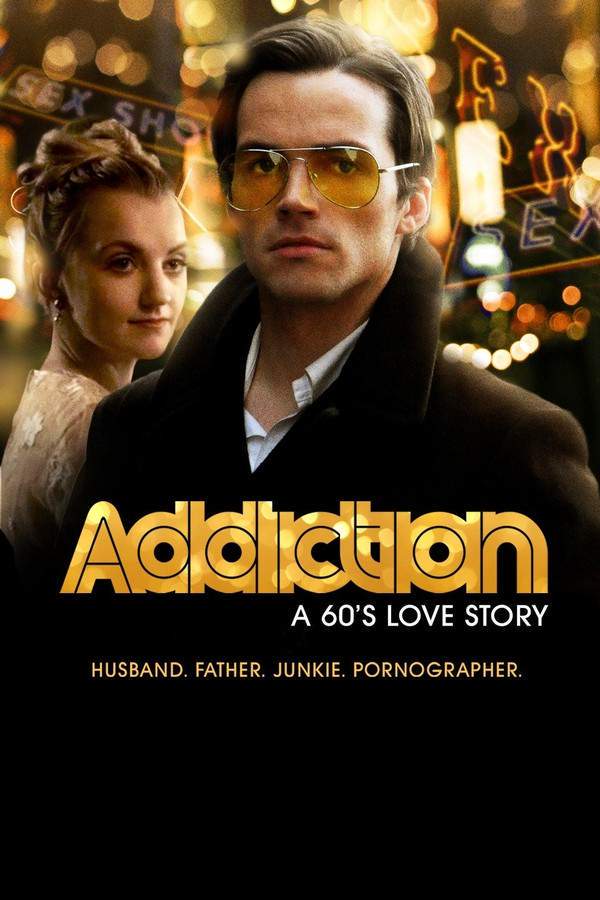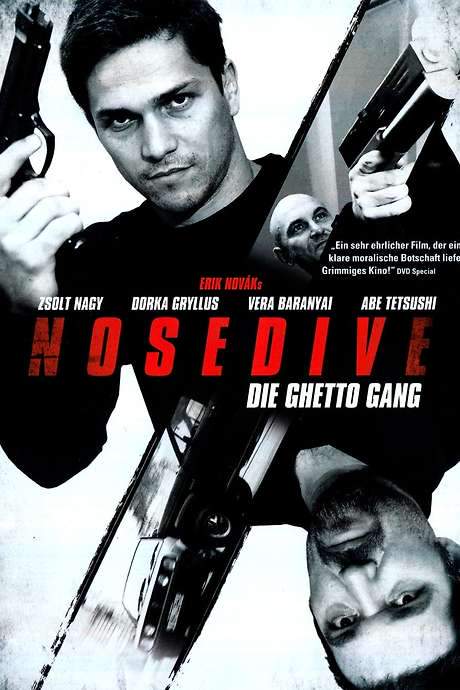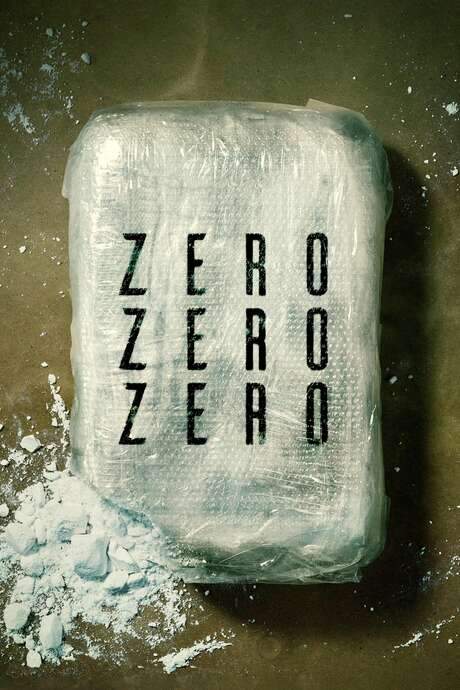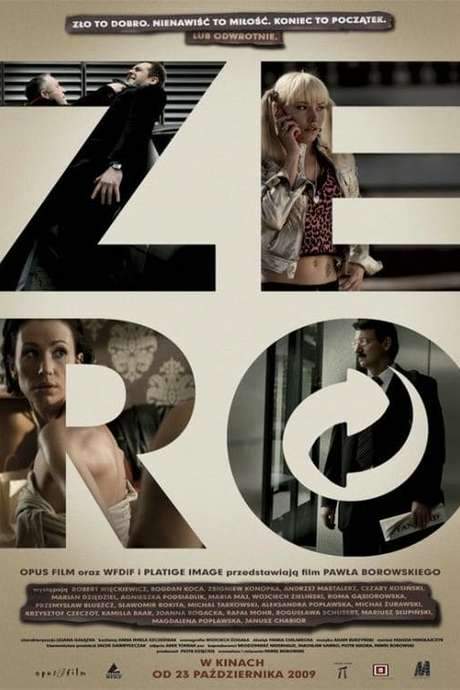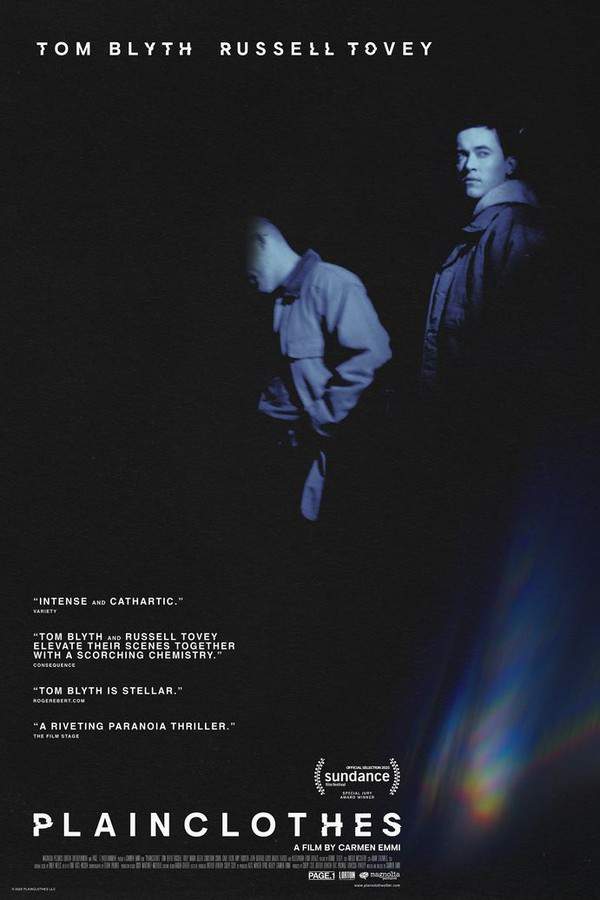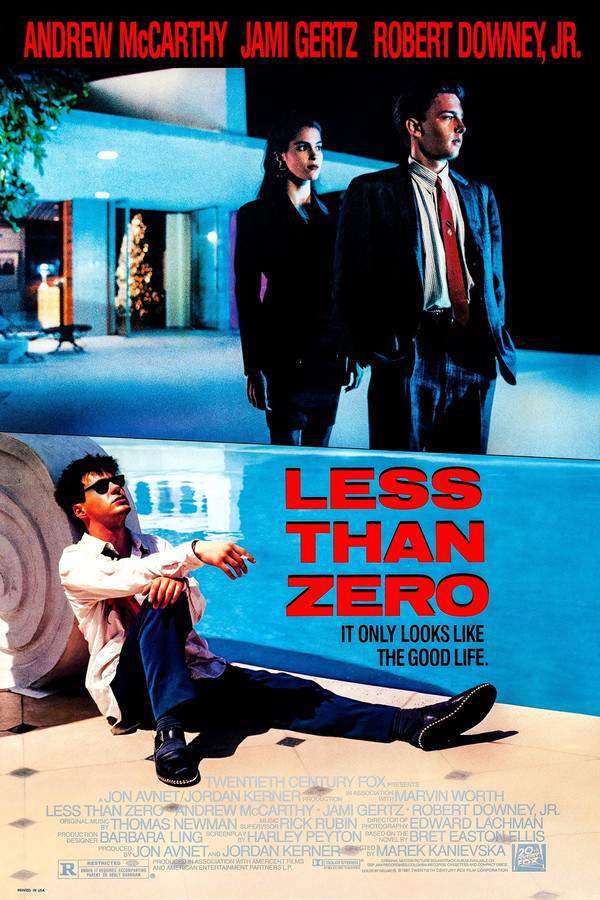
Less Than Zero
Year: 1987
Runtime: 98 min
Language: English
Director: Marek Kanievska
Returning from college, Clay finds his former girlfriend, Blair, struggling with a devastating cocaine addiction. He attempts to help her, but becomes entangled in the dangerous world of drug dependency and its consequences. The situation is further complicated by Blair’s troubled relationship with her friend Julian, their shared history, and the menacing influence of a local drug dealer named Rip. Clay must confront uncomfortable truths about his friends and their choices as he tries to navigate this difficult situation.
Warning: spoilers below!
Haven’t seen Less Than Zero yet? This summary contains major spoilers. Bookmark the page, watch the movie, and come back for the full breakdown. If you're ready, scroll on and relive the story!
Less Than Zero (1987) – Full Plot Summary & Ending Explained
Read the complete plot breakdown of Less Than Zero (1987), including all key story events, major twists, and the ending explained in detail. Discover what really happened—and what it all means.
Clay Easton, Andrew McCarthy, is a strait-laced college freshman on the East Coast who returns home to Los Angeles for Christmas to find things very different from the way he left them. The contrast between the glittering, high-pressure world of his hometown and the orderly routine of his college life becomes immediately striking as he steps back into a social circle built on wealth, status, and expectation. The holiday mood only sharpens the tension between appearances and reality, exposing cracks in the lives of people he thought he understood.
His high school girlfriend and now model, Blair, Jami Gertz, has taken a dangerous turn. She has fallen into cocaine use and has been involved with Clay’s high school best friend, Julian Wells, Robert Downey Jr.. The reunion unfolds against a backdrop of glamour that masks a fragile personal life, where trust is scarce and old loyalties are tested by the lure of easy pleasure. Blair’s attractiveness and social standing pull her deeper into a world where the lines between romance, addiction, and self-destruction blur, creating a volatile dynamic among the trio.
Julian Wells, Robert Downey Jr., has spiraled further since the collapse of his once-promising record company. His addiction has intensified, and he finds himself cut off by his family after stealing to support his habit. The combination of financial desperation and personal failure pushes him toward homelessness, leaving him increasingly vulnerable to manipulation and coercion. The pressures mount as his dealer, Rip, a former classmate, closes in with a punitive debt of $50,000 that Julian cannot repay. Rip’s harassment underscores a brutal reality beneath the LA gloss: for many, success is fragile, and addiction can derail even the closest friendships.
Caught between his loyal past and the alarming present, Clay’s sense of responsibility is put to the test. As Julian’s addiction worsens, he is forced to make harrowing choices to survive, choices that ripple through his relationships with Blair and Clay. Rip’s grip tightens, and the prospect of a momentary escape through prostitution to settle the debt becomes a ruinous option that shadows every decision. The tension reaches a breaking point during a night of danger and exposure, as Julian endures an overdose and a tense escape from Rip’s menacing reach.
The moment of reckoning arrives when Julian resolves to quit and seeks his father’s help, a plea that signals a desire for a different path but also reveals the depth of his fragility. The next day, he shares his sober plan with Rip, who refuses to concede and accelerates the pressure. The situation escalates when Rip lures Julian to a Christmas party in Palm Springs, a gathering of affluent men who project control and comfort while concealing their own predatory impulses. The layers of deception surrounding the holiday season become a harsh commentary on appearances versus reality.
Clay refuses to abandon Julian and Blair, and his decision leads to a dangerous confrontation. He tracks Julian down, and a violent clash with Rip and his henchmen erupts. The trio — Clay, Julian, and Blair — escapes into a long, tense drive through the desert, a bid for Julian to confront his addiction and reclaim some semblance of a future. The journey is fraught with the exhaustion of fear, the ache of loss, and the stubborn pull of hope, even as the road ahead remains uncertain.
Tragedy strikes in the early hours of the morning: Julian dies of heart failure in the car, a fatal culmination of years of self-destruction and strain. The loss casts a long shadow over the survivors, forcing them to confront the consequences of a lifestyle built on fragile foundations. In the quiet aftermath, the funeral becomes a place of memory and reflection. Clay and Blair sit together on a cemetery bench, recounting their friend and the fragile bond that once linked them all. Clay reveals his intention to return to the East Coast, inviting Blair to join him, a gesture that offers a chance at something steady and real amid the wreckage of their lives. Blair accepts, choosing a future beyond the desert and the party circuit that have defined them.
The film closes with a bittersweet snapshot: the three of them at graduation, a moment frozen in time that hints at a last glimpse of happiness before the weight of experience sets in. What begins as a story about privilege and temptation evolves into a meditation on the costs of addiction and the resilience required to choose a different path. The characters’ journeys illuminate how quickly a glossy surface can crumble when faced with hard truths, and how, even in the wake of tragedy, the possibility of repair and renewal can endure.
Overall, the narrative tracks a Christmas season that exposes the fragility of youth, fame, and friendship in a city where wealth masks vulnerability and every choice carries a consequence. It offers a sober look at how easily care, loyalty, and hope can collide with addiction, debt, and danger — and how, in the end, a road trip through the desert can become a reckoning, a funeral, and a fragile step toward a new beginning.
Last Updated: October 09, 2025 at 15:38
Explore Movie Threads
Discover curated groups of movies connected by mood, themes, and story style. Browse collections built around emotion, atmosphere, and narrative focus to easily find films that match what you feel like watching right now.
Wealthy Decay Stories like Less Than Zero
Stories where opulent lifestyles hide spiraling self-destruction and moral collapse.If you liked the portrayal of affluent lives falling apart in Less Than Zero, explore these movies about the dark side of privilege. This collection features similar dramas where wealth leads to self-destruction, addiction, and moral decay, capturing the bittersweet tragedy of having everything to lose.
Narrative Summary
Narratives in this thread typically follow characters from wealthy backgrounds who succumb to the temptations and emptiness of their privileged world. The story is a downward spiral, often triggered by boredom, peer pressure, or existential dread, leading to severe consequences that shatter their perfect facades.
Why These Movies?
Movies are grouped here for their shared focus on the corrosive effects of wealth. They share a dark tone, high emotional stakes, and a critical look at how privilege can enable, rather than prevent, personal downfall, creating a haunting and reflective viewing experience.
Movies About Trying to Save a Friend like Less Than Zero
Protagonists who are pulled into the destructive vortex of a close friend's addiction.For viewers who appreciated Clay's struggle in Less Than Zero, this section highlights movies with similar narratives of a friend witnessing another's self-destruction. These films share a heavy emotional weight, a steady pace building to tragedy, and a bittersweet ending after a desperate rescue attempt fails.
Narrative Summary
The narrative pattern involves a protagonist returning to or entering a situation where a close friend is in crisis. The story follows their increasingly desperate attempts to intervene, which often expose them to the same dangers. The climax typically involves a tragic loss or a sobering acceptance of reality, changing the protagonist forever.
Why These Movies?
These films are united by a specific character dynamic and emotional journey. They evoke feelings of anxiety, helplessness, and profound sadness, driven by a steady pacing that methodically builds tension towards an inevitable, heartbreaking conclusion.
Unlock the Full Story of Less Than Zero
Don't stop at just watching — explore Less Than Zero in full detail. From the complete plot summary and scene-by-scene timeline to character breakdowns, thematic analysis, and a deep dive into the ending — every page helps you truly understand what Less Than Zero is all about. Plus, discover what's next after the movie.
Less Than Zero Timeline
Track the full timeline of Less Than Zero with every major event arranged chronologically. Perfect for decoding non-linear storytelling, flashbacks, or parallel narratives with a clear scene-by-scene breakdown.

Characters, Settings & Themes in Less Than Zero
Discover the characters, locations, and core themes that shape Less Than Zero. Get insights into symbolic elements, setting significance, and deeper narrative meaning — ideal for thematic analysis and movie breakdowns.

Less Than Zero Spoiler-Free Summary
Get a quick, spoiler-free overview of Less Than Zero that covers the main plot points and key details without revealing any major twists or spoilers. Perfect for those who want to know what to expect before diving in.

More About Less Than Zero
Visit What's After the Movie to explore more about Less Than Zero: box office results, cast and crew info, production details, post-credit scenes, and external links — all in one place for movie fans and researchers.

Similar Movies to Less Than Zero
Discover movies like Less Than Zero that share similar genres, themes, and storytelling elements. Whether you’re drawn to the atmosphere, character arcs, or plot structure, these curated recommendations will help you explore more films you’ll love.
Explore More About Movie Less Than Zero
Less Than Zero (1987) Scene-by-Scene Movie Timeline
Less Than Zero (1987) Movie Characters, Themes & Settings
Less Than Zero (1987) Spoiler-Free Summary & Key Flow
Movies Like Less Than Zero – Similar Titles You’ll Enjoy
Alpha Dog (2007) Full Movie Breakdown
What Doesn't Kill You (2008) Film Overview & Timeline
The Low Down (2001) Film Overview & Timeline
Stray Dolls (2020) Ending Explained & Film Insights
Where the Day Takes You (1992) Full Summary & Key Details
Virgil Bliss (2002) Detailed Story Recap
Addiction: A 60's Love Story (2015) Full Summary & Key Details
Nosedive (2007) Full Summary & Key Details
Apartment Zero (1988) Full Summary & Key Details
ZeroZeroZero (1000) Full Summary & Key Details
Zero in and Scream (1971) Spoiler-Packed Plot Recap
Zero (2009) Plot Summary & Ending Explained
Between Something & Nothing (2008) Spoiler-Packed Plot Recap
More (1969) Full Movie Breakdown
Plainclothes (2025) Film Overview & Timeline

